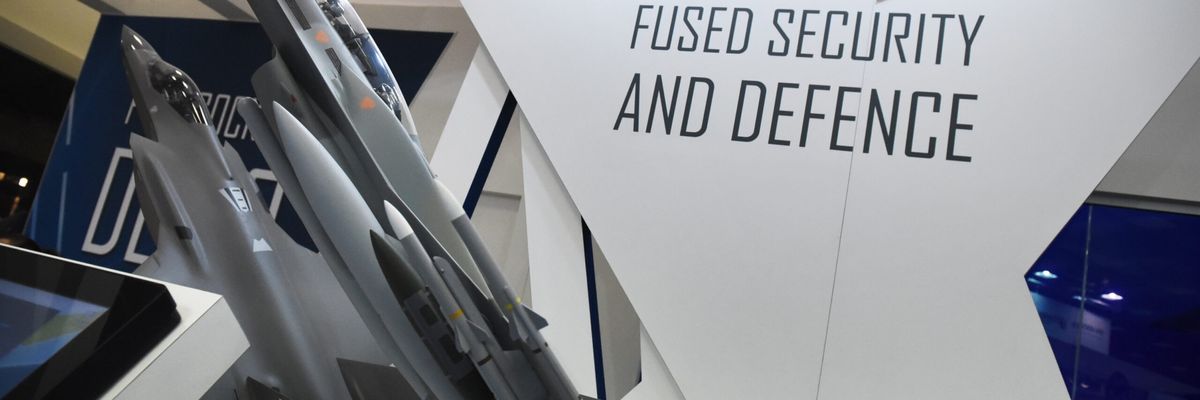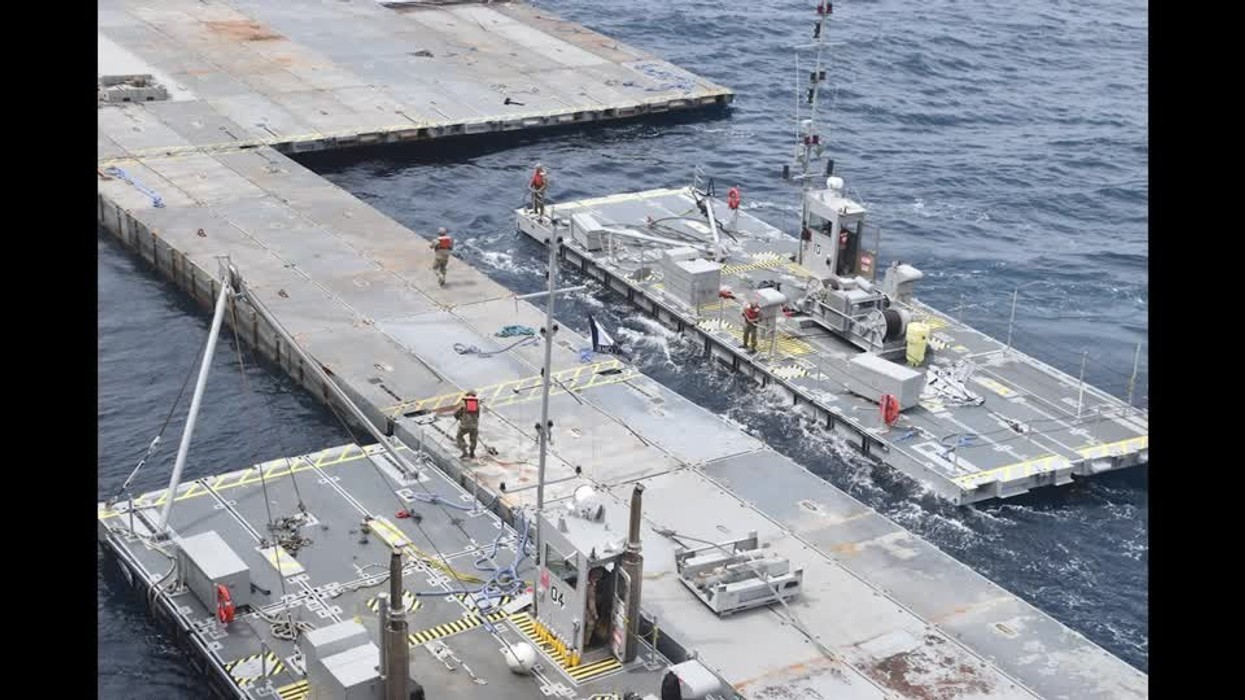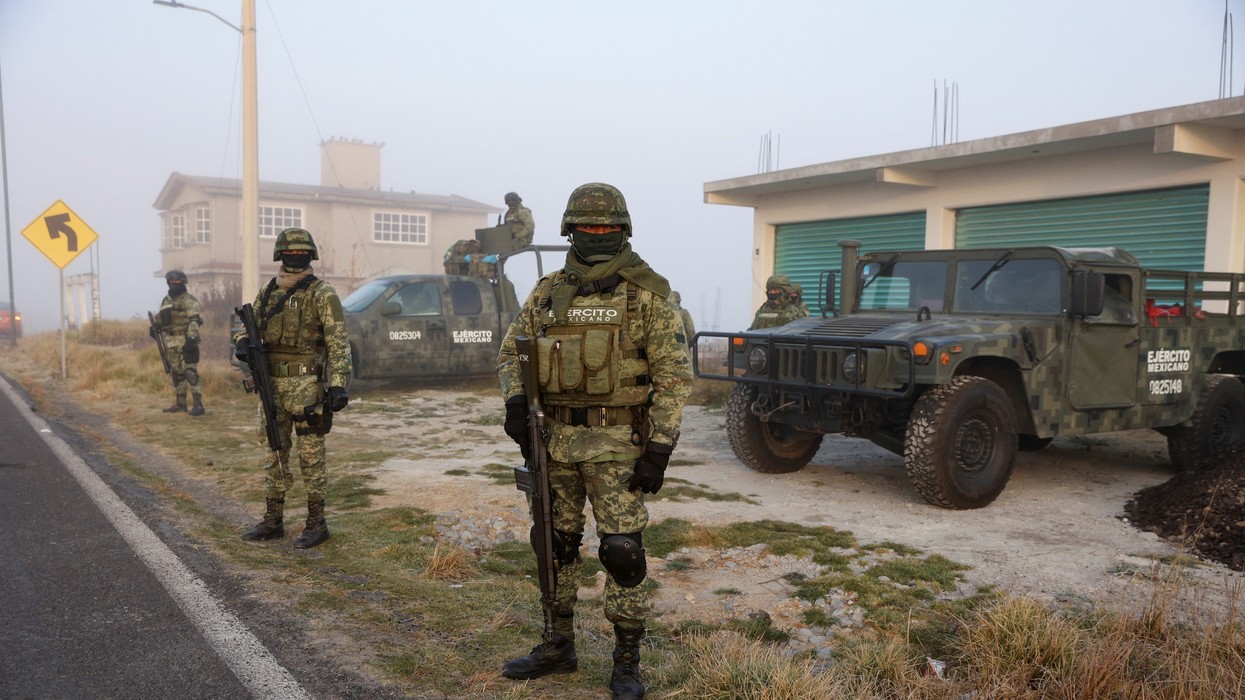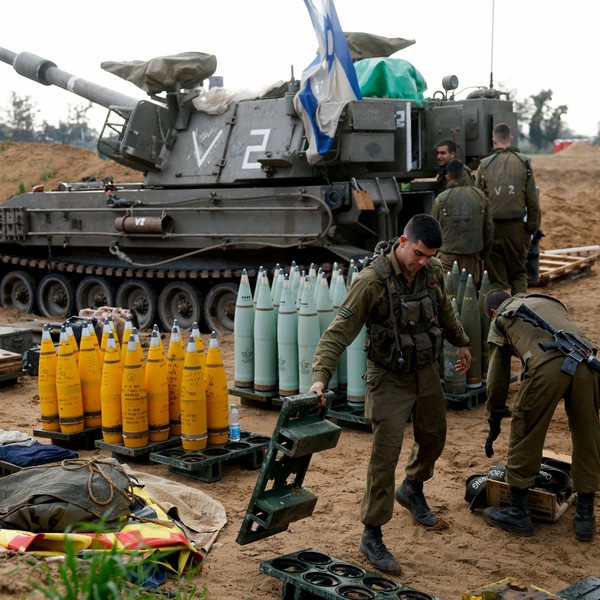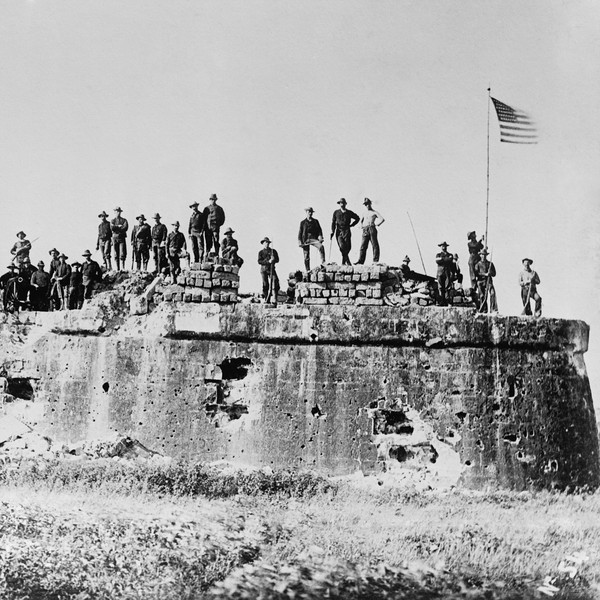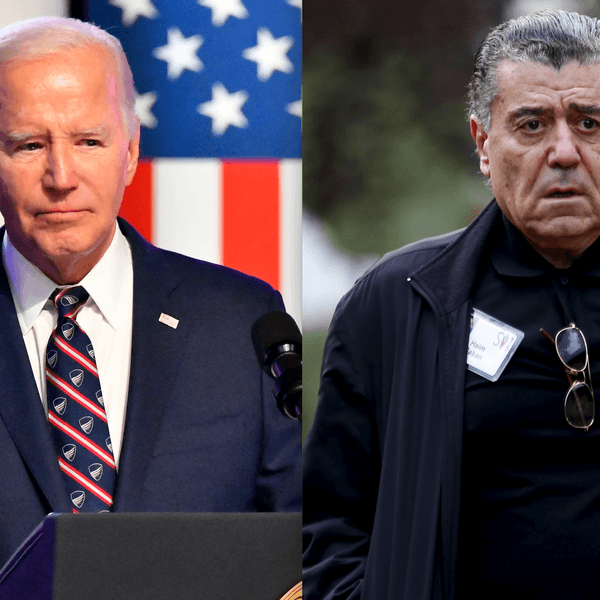With the final withdrawal of U.S. troops from Afghanistan and the Taliban’s return to power, the unwinnable nature of the U.S. war in Afghanistan is increasingly obvious to Americans across the political spectrum. That’s probably one reason why over half of Americans support Biden’s decision to withdraw from Afghanistan even while disapproving of the handling of the withdrawal, according to a Pew Research poll released on Tuesday.
There will be inevitable finger-pointing for why three successive U.S. presidents continued the war in Afghanistan despite public reports and the congressional testimony from the Special Inspector General for Afghan Reconstruction, or SIGAR, casting serious doubts on the viability of efforts to nation-build in Afghanistan.
Indeed, the United States paid a high price for these mistakes — the Cost of War Project at Brown University estimates that the war in Afghanistan cost U.S. taxpayers $2.3 trillion to date and resulted in the deaths of 2,324 U.S. military personnel, 4,007 U.S. contractors and 46,319 Afghan civilians — but those costs weren’t shared by everyone.
While the American people financed the war with their tax dollars, and in some cases their lives, the top five Pentagon contractors enjoyed a boom in growth in federal contracts over the course of the war in Afghanistan. Stephen Semler, co-founder of the Security Policy Reform Institute, found that Congress gave $2.02 trillion to the top five weapons companies — Raytheon, Lockheed Martin, General Dynamics, Boeing and Northrop Grumman — between 2001 and 2021.
And between 2002 and 2020, federal funding for those five weapons companies grew by 188 percent.
In fairness, the weapons companies invested heavily to lobby members of Congress about a variety of matters, including budget and appropriations issues impacting their bottom-lines.
That wasn’t cheap. A compilation of data from lobbying disclosures archived at OpenSecrets shows that those five firms spent over $1.1 billion on lobbying between 2001 and 2021. That number seems like a staggering sum to spend on influencing policymakers but it may have been the most financially prudent decision these companies have made in the past 20 years.
Taken as a form of investment in procuring lucrative Pentagon contracts, the top five weapons firms earned $1,813 in Pentagon contracts for every dollar spent on lobbying.
Of course, the weapons firms made other investments in influencing policymakers. They sent $120 million in campaign contributions to federal candidates between 2002 and 2020, hired former government officials to sit on their boards while simultaneously advising U.S. policymakers to extend the withdrawal timeline from Afghanistan, and bankrolled think tanks that opposed the withdrawal and supported ongoing U.S. military engagement in the Middle East.
But those investments dwarf in comparison to the over $1 billion explicitly spent to influence policymakers via legal, registered, and documented lobbying, leading to enormous federal contracts and outsized gains for owners of weapons stocks.
“$10,000 of stock evenly divided among America’s top five defense contractors on September 18, 2001 — the day President George W. Bush signed the Authorization for Use of Military Force in response to the 9/11 terrorist attacks — and faithfully reinvested all dividends, it would now be worth $97,295,” according to The Intercept’s Jon Schwarz.
The exact same investment in an S&P 500 index fund would be worth only $61,613.
The Global War On Terror was very good for a select group of companies that invested over $1 billion in lobbying Congress and securing over $2 trillion in taxpayer funds. While the American public takes a hard look at how and why an unwinnable war was fought at a staggering financial and human cost for two decades, the war’s biggest profiteers appear to be facing little accountability or scrutiny, especially from the policymakers who were the target of a billion dollar lobbying blitz.
